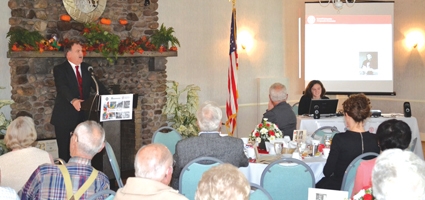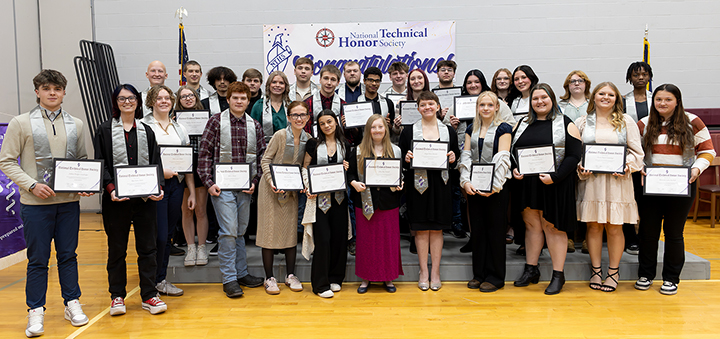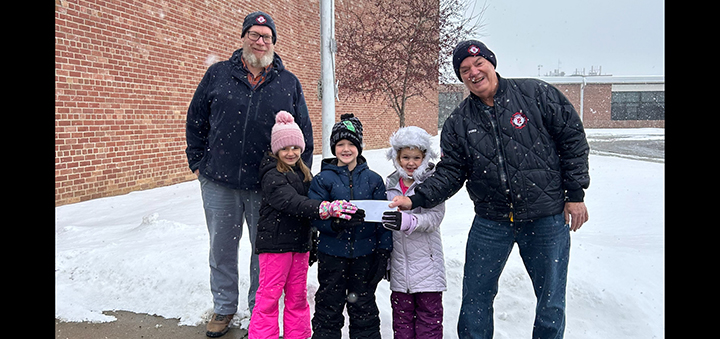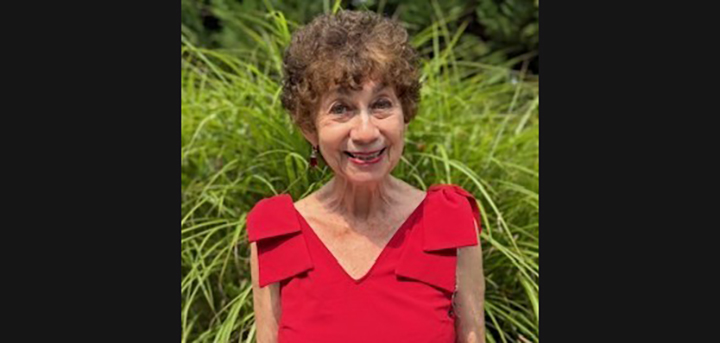Cornell Cooperative celebrates 100 years of serving Chenango
NORWICH – For 100 years, the Cornell Cooperative Extension of Chenango County has been a pivotal source of unbiased, research-based information, tools and education that have been a driving force of the community.
Efforts of the organization were brought to light Wednesday as scores of CCE employees past and present, volunteers, board members and supporters gathered for a luncheon at the Canasawacta Country Club in Norwich to celebrate the Extension’s centennial year.
Initially started as the Chenango Farm Bureau in 1915, CCE carried a mission to advocate for the needs of the local ag industry while simultaneously offering the latest educational resources. Not long after it formed, the institution split into two separate entities in order to accommodate a two-fold purpose. Education continued to be the main focus of the Cooperative Extension while legislative advocacy at the state and federal levels was handled by the Farm Bureau.
That same model continues today.
“Extension isn’t the agent of change in the sense that it didn’t invent milking machines or tractors or computers. But it has, throughout its history, worked hard to ease those transitions for farmers, families, and youth,” said CCE Chenango Executive Director Ken Smith.
CCE is a hub for communication between farmers and the community at large. It connects individuals and partnering organizations with each other, and incorporates the expertise available at Cornell University, Smith said.








Comments